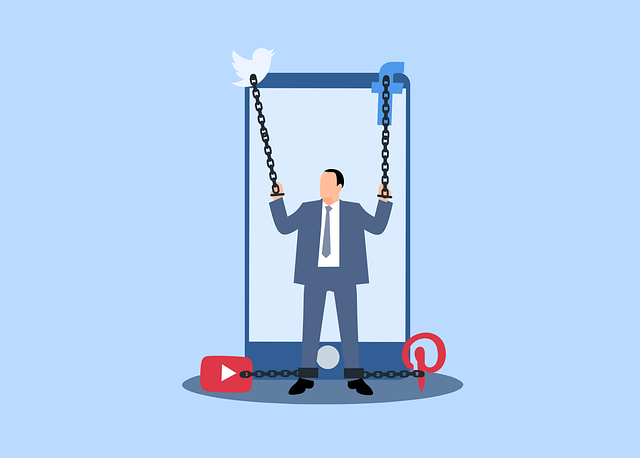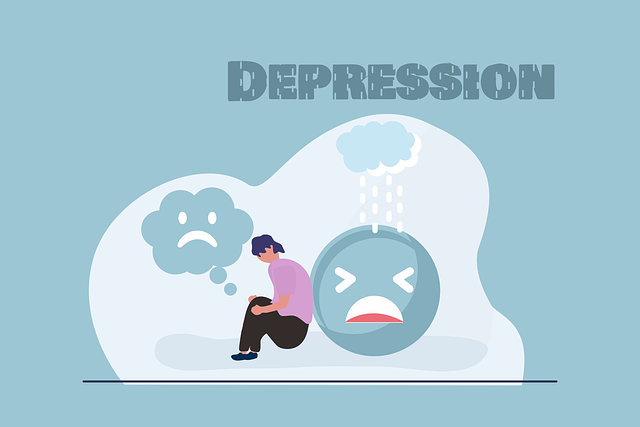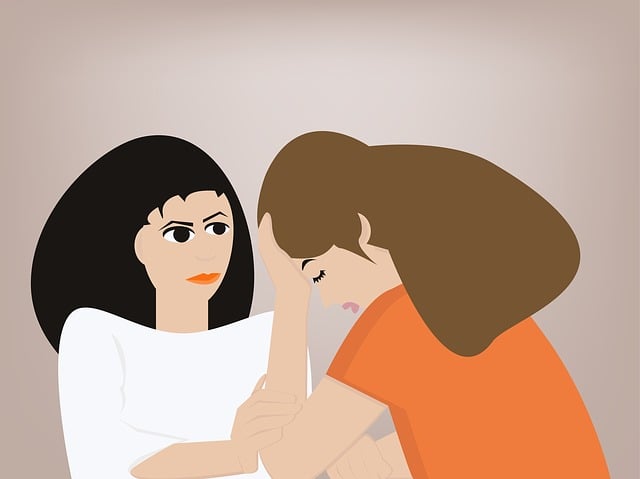Mental wellness journaling, promoted by Louisville Phobias Therapy, is a powerful self-care tool for exploring thoughts and emotions, fostering self-reflection, and healing. Regular journaling helps residents of Louisville track symptoms, triggers, and coping mechanisms for anxiety or phobias, improving self-esteem and mental wellness management. This evidence-based practice combines self-reflection with professional guidance to overcome deep-seated fears through empathy building and communication strategies. A consistent journaling routine, supported by Louisville Phobias Therapy, promotes emotional well-being by challenging negative thought cycles, engaging in self-care, and fostering resilience to navigate life's challenges.
“Unwind and nurture your mental wellness with the transformative power of journaling. This article guides you through an explorative journey, ‘Understanding Mental Wellness Journaling: Unlocking Self-Reflection and Healing’, highlighting its benefits for emotional well-being. We delve into the role of Louisville Phobias Therapy in enhancing journaling practices, offering practical techniques and insights for a therapeutic routine. Discover how this simple practice can become a powerful tool for self-discovery and mental resilience.”
- Understanding Mental Wellness Journaling: Unlocking Self-Reflection and Healing
- The Role of Louisville Phobias Therapy in Journaling Practices
- Effective Techniques and Tips for a Therapeutic Journaling Routine
Understanding Mental Wellness Journaling: Unlocking Self-Reflection and Healing

Mental wellness journaling is a powerful tool that encourages individuals to explore their thoughts and emotions, fostering self-reflection and healing. By putting pen to paper, one can unlock insights into their mental state, identify patterns, and gain a deeper understanding of themselves. This practice is not just about recording daily events but also serving as a safe space to express feelings, whether it’s joy, sadness, or fear. For instance, someone battling anxiety or phobias in Louisville could use journaling to track their symptoms, triggers, and coping mechanisms, helping them gain control over their mental wellness.
This form of self-expression allows for increased awareness, enabling individuals to recognize when they’re experiencing a dip in mental wellness. Over time, it can contribute to improved self-esteem and better management of conditions like anxiety or phobias. Regular journaling also facilitates the processing of emotions, offering an avenue for individuals to externalize their experiences and work through them at their own pace.
The Role of Louisville Phobias Therapy in Journaling Practices

Louisville Phobias Therapy offers a unique perspective on mental wellness journaling by integrating evidence-based practices to enhance self-reflection and personal growth. Journaling is not just about pouring thoughts onto paper; it’s a powerful therapeutic tool that, when combined with professional guidance, can help individuals confront and overcome deep-seated fears and phobias. This approach allows for the exploration of emotions, triggers, and thought patterns associated with specific phobias, fostering self-awareness and empathy towards one’s inner experiences.
The therapy incorporates effective communication strategies and empathy building techniques to create a safe space for clients to express their feelings honestly. By reflecting on past experiences, identifying recurring themes, and exploring alternative perspectives, individuals can begin to challenge negative thought cycles associated with their phobias. Journaling becomes a means of self-care, enabling personal transformation and improved mental wellness, ultimately empowering individuals to navigate life’s challenges with enhanced resilience.
Effective Techniques and Tips for a Therapeutic Journaling Routine

Establishing a consistent journaling routine can be a powerful tool for promoting emotional well-being and enhancing mental wellness. At Louisville Phobias Therapy, we encourage our clients to explore this therapeutic practice as part of their self-care journey. Effective techniques involve setting aside dedicated time each day or week to reflect and record thoughts, feelings, and experiences. Start with a simple prompt like describing your mood or highlighting positive moments from the day. This process allows individuals to develop a deeper understanding of their emotions and identify patterns that might contribute to stress or anxiety.
To make journaling an enduring habit, consider integrating diverse strategies. For instance, incorporate creative elements such as drawing or collage-making alongside writing. Some find it beneficial to set specific goals for each entry, like exploring a recent memory or expressing gratitude. Additionally, the implementation of a community outreach program that shares journaling prompts can foster a sense of belonging and encourage individuals to stick to their self-care practices. Remember, consistency is key; even brief daily reflections can contribute to long-term emotional well-being promotion techniques.
Mental wellness journaling is a powerful tool that combines self-reflection with therapeutic practices, offering individuals a sense of healing and personal growth. As discussed, Louisville Phobias Therapy emphasizes the importance of journaling as a means to process emotions, track progress, and gain insights into one’s mental state. By incorporating effective techniques, such as mindful writing and exploring different journaling styles, individuals can foster a consistent routine that supports their overall well-being. This simple yet profound practice has the potential to revolutionize one’s relationship with their mental health.














